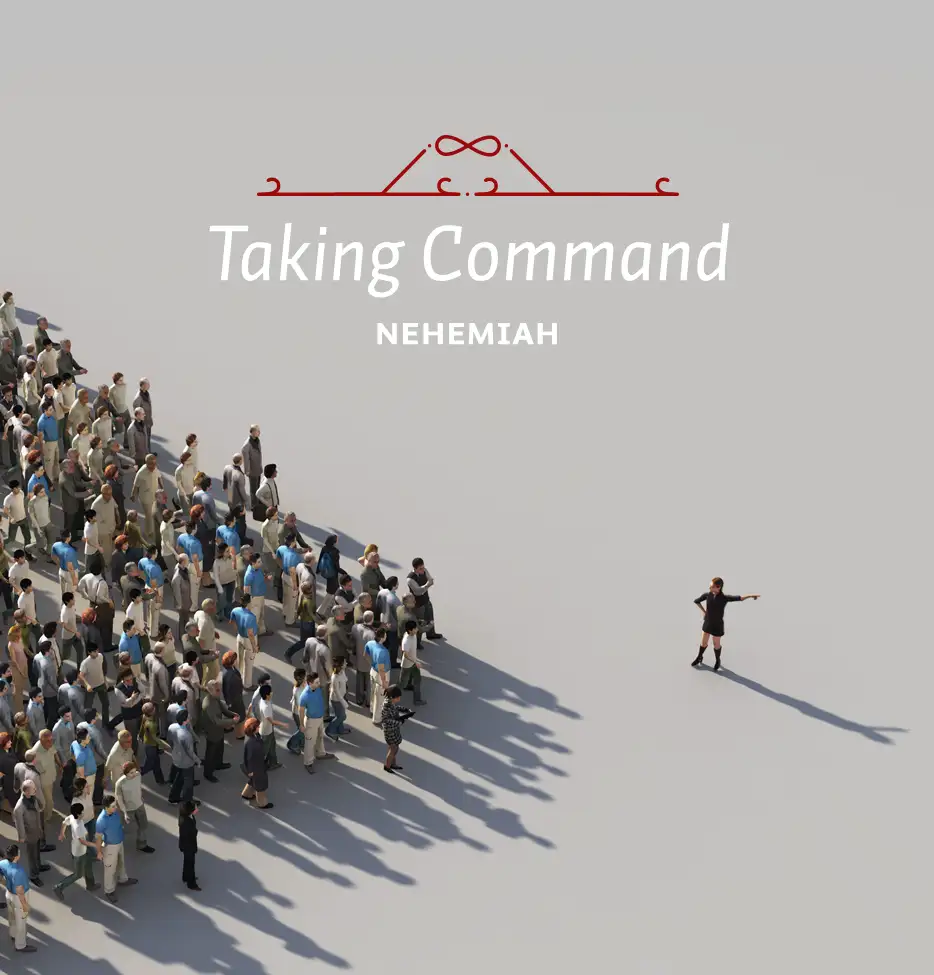In yesterday’ study, we looked at the first two aspects of planning. Today we begin by mentioning the third.
3. Implementation. There is one more aspect of this that is often overlooked, mainly, I suppose, because we do not think of it as a part of good planning. It is what Robert J. Schoenberg calls a plan to implement the prior workable plan psychologically.1 This means planning how one is going to get the people who will do it to respond. It involves knowing how to motivate one’s subordinates effectively. Again, we are not told that psychological planning was part of Nehemiah’s thought processes at this time, but we know it was because of the way he handles himself in the remainder of the chapter.
The second step was timing. In humor, as every really funny person knows, timing is everything. A punch line badly timed ruins the joke while a line rightly timed makes it.
In a list of leadership skills timing may not quite be everything, as it is in comedy, but it is important. Nehemiah seems to have been aware of this fact. We see it in several ways. On the one hand, we see it in his three-day time-out after his arrival in Jerusalem. If he had acted too quickly, without gathering the necessary facts, his ideas would have been dismissed as the uninformed and impractical daydreams of a novice. On the other hand, we see it in the prompt presentation of his plan to the people on the fourth day. If he had delayed longer, he would have lost the initiative that his prestige as the newly appointed governor gave him. By the end of the three days his presence had aroused considerable curiosity. It was the moment to tell why he had left Susa for the fifteen-hundred-mile trip to Jerusalem.
The third step in Nehemiah’s plan was a direct challenge to the citizens. Verse 17 records what he said to “them.” Since the immediate antecedent to this pronoun can only be what is in verse 16 (“the Jews… the priests… nobles… officials or any others who would be doing the work”), Nehemiah must have addressed them all, which he could only have done by calling a large convocation. The advantage of this was that he thereby had an opportunity to speak to each one directly. Each one got to hear him and make up his or her own mind about the challenge. No one had an opportunity to interpret (or misinterpret) his words to the others.
The fourth step of Nehemiah’s success in getting the people of Jerusalem to support his plan was his identification with them in the task. Notice the personal pronouns: “You see the trouble we are in: Jerusalem lies in ruins, and its gates have been burned with fire. Come, let us rebuild the wall of Jerusalem, and we will no longer be in disgrace” (v. 17). If he had said, “You see what trouble you are in; you need to rebuild the wall,” he would have gotten nowhere. It is amazing what the equal participation of a leader can do to build morale.
1Robert J. Schoenberg, The Art of Being a Boss: Inside Intelligence from Top-Level Business Leaders and Young Executives on the Move (New York: New American Library, 1980), 47, 54-58.






